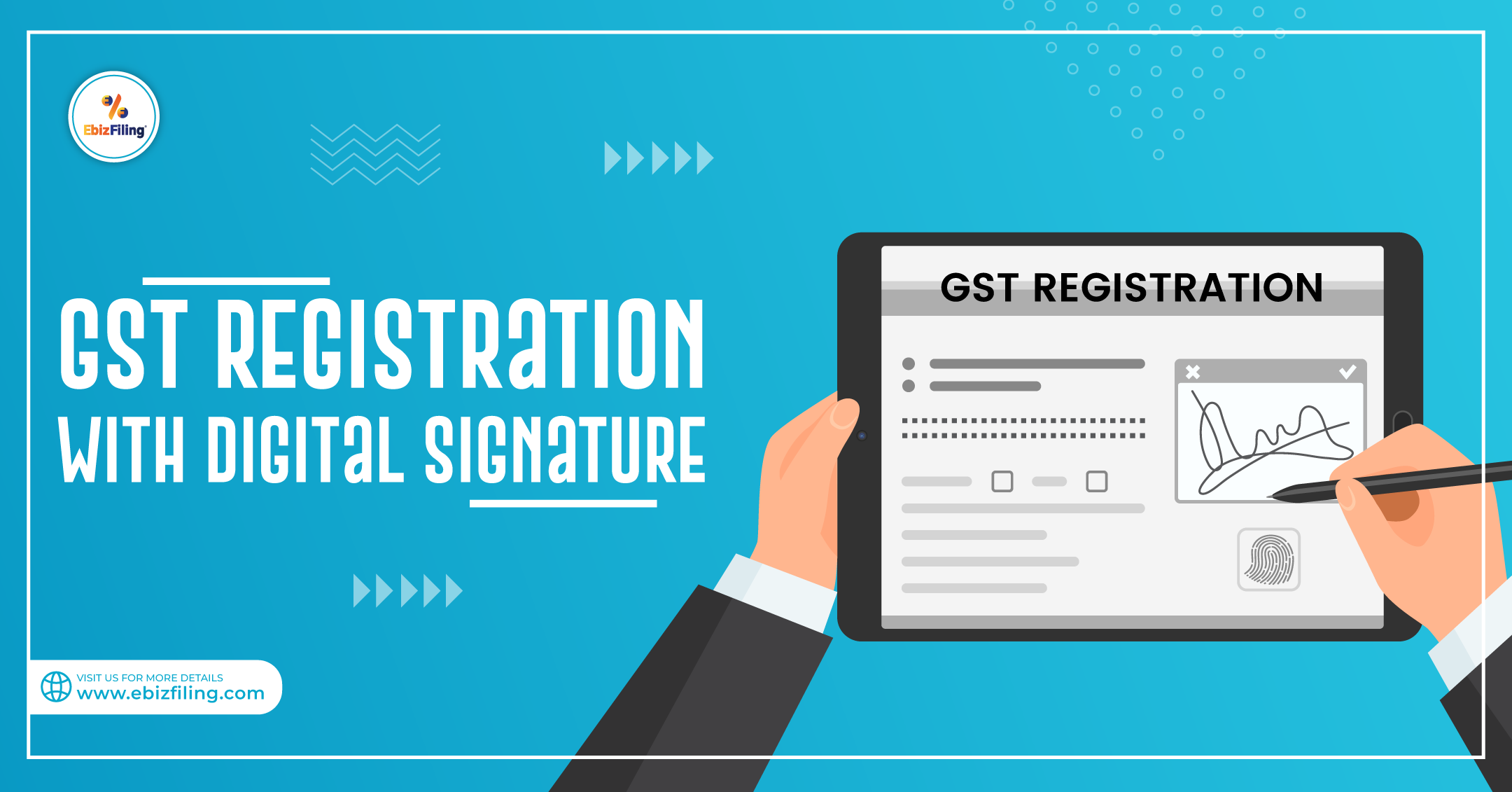Singapore GST Registration: What You Need to Know Before Using
Singapore GST Registration: What You Need to Know Before Using
Blog Article
Making Best Use Of Tax Efficiency: Expert Tips on Browsing the GST Enrollment Labyrinth for Small Companies
Navigating the complex landscape of Goods and Solutions Tax (GST) registration can be a labyrinthine job for small organizations aiming to optimize their tax effectiveness. In this discussion, we will discover skilled understandings and actionable suggestions that can empower tiny companies to browse the GST registration maze successfully and optimize their tax obligation efficiency.
Eligibility Standards
Eligibility demands for Small Organization GST Enrollment incorporate specific criteria that companies need to fulfill to comply with tax guidelines. To certify for GST registration, a company should have a yearly turn over surpassing the threshold set by the tax obligation authorities, which differs by nation.

Documents Requirements
To successfully complete the process of GST registration, small companies should guarantee they have all essential paperwork in order. The required documents commonly consists of proof of organization enrollment or identity, consolidation and address evidence of the company owner, pictures, checking account details, and proof of the major workplace. Additionally, companies require to offer information of their company activities, consisting of the services or items supplied. It is crucial to make certain that all files are exact, as much as date, and in the defined style to stop hold-ups or beings rejected during the enrollment process.
Aside from the required documents, companies might also be called for to submit additional information based on their particular situations. This could include files related to partnerships, the permission of notaries, or any other appropriate contracts. Keeping all required documents arranged and conveniently obtainable can simplify the enrollment procedure and assistance companies adhere to the requirements efficiently - Singapore GST Registration. Failing to offer the required documentation might lead to delays or even denial of the GST enrollment application. Precise interest to detail and adherence to the paperwork guidelines are this website essential for an effective GST enrollment procedure for little services.
Timing Factors To Consider
Taking into consideration the vital paperwork demands have been carefully resolved, the next critical facet for small companies getting started on the GST registration procedure is the calculated monitoring of timing considerations. Timing plays an essential duty in GST enrollment, impacting not just conformity however additionally financial facets of business. Small companies need to meticulously plan the timing of their GST registration to make the most of benefits and lessen possible threats.

Moreover, services must line up the timing of their GST enrollment with their operational readiness. Sufficient preparation, such as upgrading accounting systems and training staff, is important to perfectly integrate GST requirements into daily procedures. By strategically managing timing considerations, local business can navigate the GST registration process effectively and maximize their tax efficiency.
Enrollment Process Tips
Successfully navigating the GST enrollment process needs tiny companies to carry out tactical and positive registration procedure tips. This includes organization registration papers, evidence of address, bank statements, and recognition proofs of the company proprietors.
Additionally, comprehending the limits and requirements for GST enrollment based upon the particular state or region where the service runs is necessary. Some states have different turnover limits that set off required enrollment, so being notified concerning these thresholds can help companies prepare ahead.
An additional valuable tip is to think about looking for specialist assistance from accountants or tax obligation professionals who specialize in GST registration. Their knowledge can enhance the process, lower mistakes, and make sure compliance with all guidelines.
Conformity Finest Practices
Little organizations must prioritize conformity to prevent charges and maintain a great standing with tax obligation authorities. Tiny organization owners should frequently assess government guidelines and seek expert suggestions if required to ensure they are Get More Information meeting all Homepage demands. By integrating these conformity finest techniques right into their procedures, tiny organizations can browse the complexities of GST registration with confidence and efficiency.
Conclusion
Finally, local business can browse the GST enrollment labyrinth by guaranteeing they satisfy eligibility requirements, gather called for documentation, think about timing implications, follow registration process tips, and abide by conformity ideal techniques. By making the most of tax effectiveness through proper GST registration, businesses can enhance their financial monitoring and procedures.
Browsing the elaborate landscape of Goods and Services Tax Obligation (GST) enrollment can be a labyrinthine job for little services aiming to optimize their tax obligation effectiveness.Eligibility requirements for Small Business GST Enrollment include particular criteria that businesses have to satisfy to conform with tax regulations. The called for paperwork usually includes evidence of service registration or address, unification and identification proofs of the organization owner, pictures, bank account details, and evidence of the primary place of service. Additionally, businesses need to offer details of their company tasks, including the items or solutions supplied.Successfully navigating the GST enrollment procedure requires small organizations to implement calculated and proactive registration process pointers.
Report this page